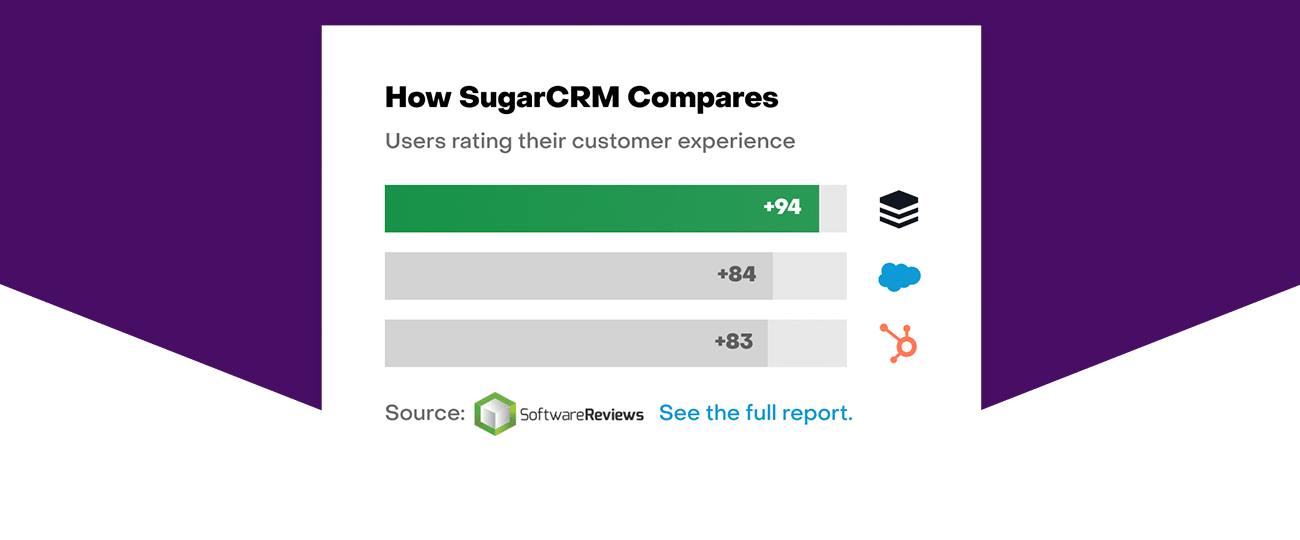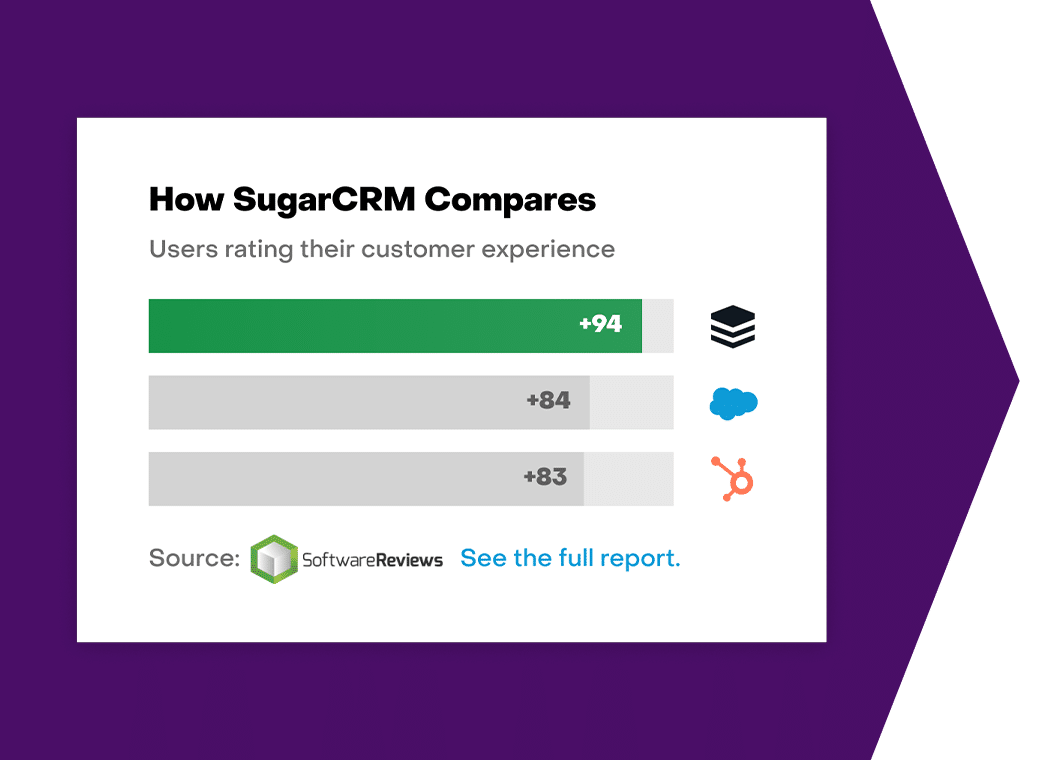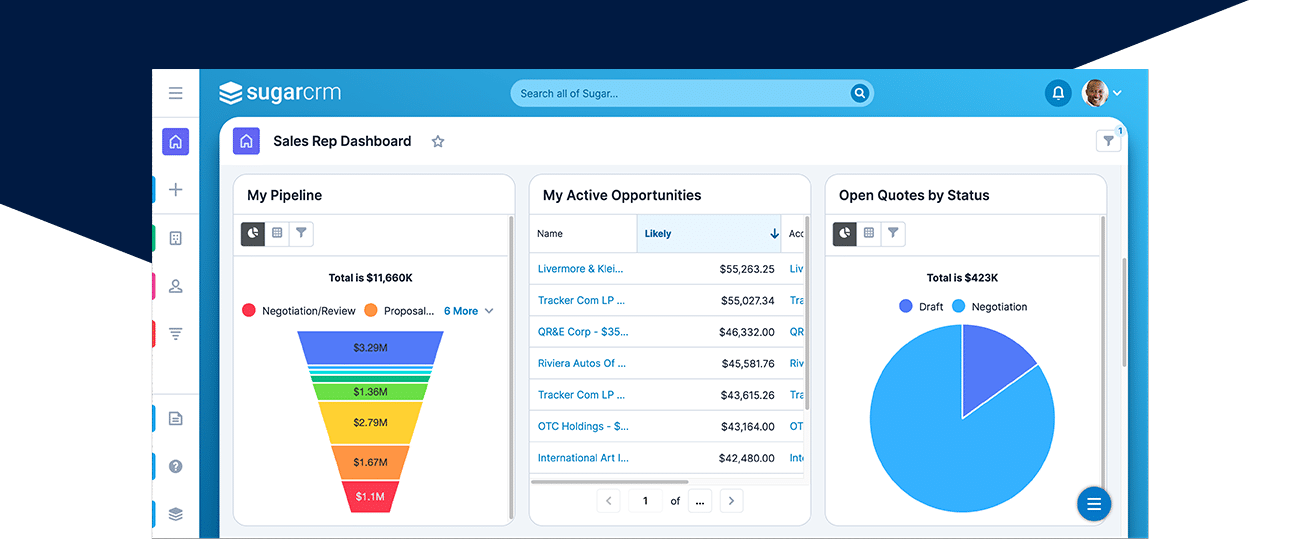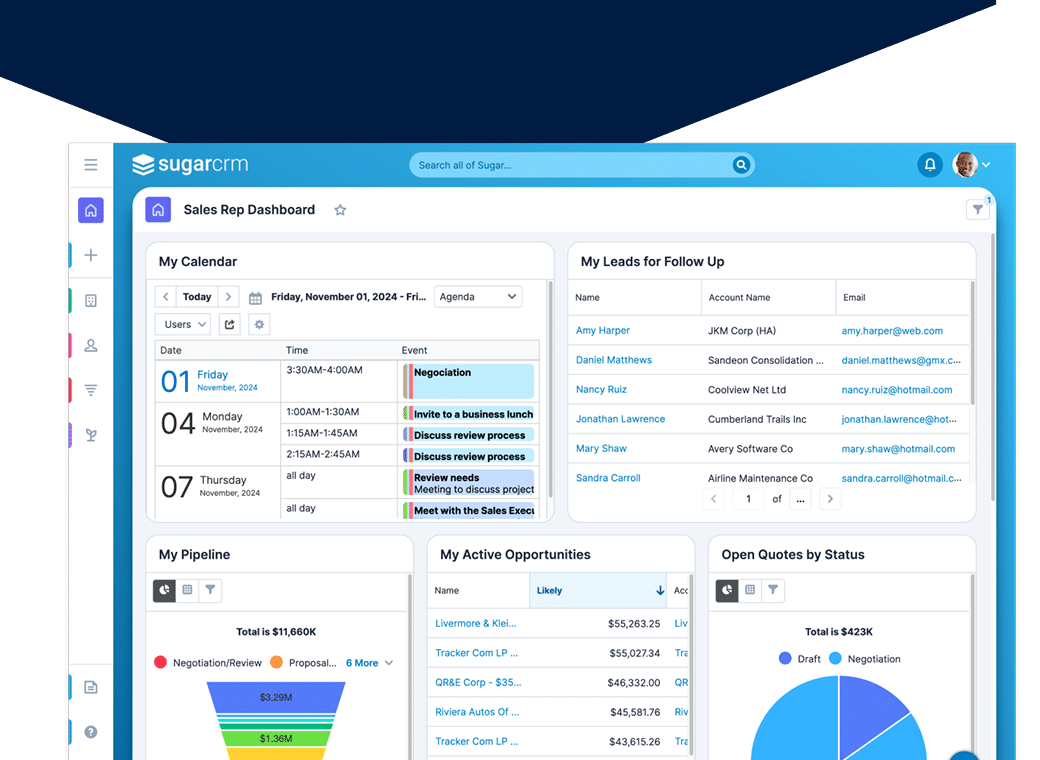Responsible Innovation
Adopting large language models (LLMs) at SugarCRM has been an exciting and challenging endeavor. It’s our goal to stay firmly at the forefront of responsible innovation, continuously delivering capabilities that help our customers grow their businesses efficiently.
Being at the tip of the spear offers significant benefits but also requires careful consideration and meticulous planning. Our first use cases focused on case and opportunity summarization, aiming to streamline collaboration and provide succinct, actionable insights for customer-facing teams.
What we'll Cover:
Fostering a Culture of Responsible Innovation
Integrating LLMs into Sugar sparked enthusiasm within our team, but we knew that we’d need more than just excitement. To harness the power of this technology, we needed to foster a culture of innovation and collaboration. We had to explore the art of the possible and break free from traditional ways of thinking about problems. To facilitate this, we organized a series of hackathons, which proved critical to our journey. These events inspired creativity and competition, motivating our team to explore LLMs and experiment with different applications.
During these hackathons, teams worked tirelessly to prototype solutions to gather and structure information, configure systems and workflows, provide insight, and allow customers to quickly take action. The energy was palpable, even as a distributed team. Zoom and Slack lit up. Teams were holding impromptu brainstorming sessions, rapid coding, and building presentations to show off their ideas. This collaborative environment not only accelerated development but also helped us identify challenges early on.
Ensuring Data Privacy and Security
One of the key concerns that emerged from these discussions was data privacy. As stewards of data for our customers, it’s our duty to ensure that sensitive information is handled with the utmost care. Data is the life blood of a business. It encodes all of the nuances that differentiate your business from your competitors. Addressing these concern became one of our top priorities, and we devised a comprehensive, five-layer model to ensure robust data privacy and security.
- Grounding: We start by grounding our LLMs in relevant, high-quality data specific to the CRM context. This helps the models generate accurate and contextually appropriate summaries, reducing the risk of unexpected or false outputs.
- Masking: To protect sensitive information, we implemented masking techniques that anonymize personal and confidential data before we send anything to an LLM. This step is crucial for maintaining customer trust and compliance with data protection regulations.
- Proxying: We designed proxy servers to mediate interactions between our CRM systems and the models. This layer allows us to switch models easily and apply appropriate models for different use cases. Since this technology is evolving quickly, I think this will be critical in the future.
- Moderation of Responses: We built a moderation system to review the outputs generated by the LLMs. We flag potentially inappropriate or inaccurate summaries, helping to correct issues before it reaches our users.
- Detailed Audit Capabilities: To provide transparency and accountability, we developed detailed audit capabilities. This is critical for compliance, as well as for continuous improvement.
Implementing these layers was not easy, but it was essential to build trust and address customer concerns. With these safeguards in place, we moved forward with greater confidence, knowing we had a robust framework that would allow us to innovate securely.
Learning from Real-World Experiences
One specific incident during this process highlighted the importance of our multi-layered approach. After deploying our summarization feature, we received feedback that some summaries were being rebuilt, even though the underlying CRM data had not materially changed. By leveraging our audit capabilities, we traced the issue quickly and were able to adjust. The fast feedback loop is critical.
Building Confidence and Accountability
Reflecting on this experience, the significance of confidence and accountability in driving successful innovation can’t be overstated. Confidence enabled our team to push boundaries and explore new ideas, while accountability ensured that we remained vigilant about the ethical and practical implications of our work.
“Quality is not an act, it is a habit.” — Aristotle
Building and maintaining confidence within our team requires an environment where people are empowered to contribute and take ownership of their ideas. We encourage open communication, celebrate success, and learn from failures. This approach strengthens our team, and I believe leads to more innovative and effective solutions.
For those looking to introduce new technologies in their products, my advice is to embrace a culture of experimentation and learning. Start small, iterate quickly, and always prioritize the needs and concerns of your customers.
Looking Ahead: The Future of CRM
Looking ahead, I’m excited about the work we’re doing to change the fundamental properties of CRM. We’re hard at work, exploring use cases that eliminate data entry and help markets, sellers, and service agents take action, delivering better outcomes for their businesses.
“To improve is to change; to be perfect is to change often.” — Winston Churchill
As we navigate the evolving technology landscape, we’re committed to remaining adaptable, resilient, and curious. Through these principles, we’ll unlock new opportunities and keep delivering meaningful innovation that our customers love.





